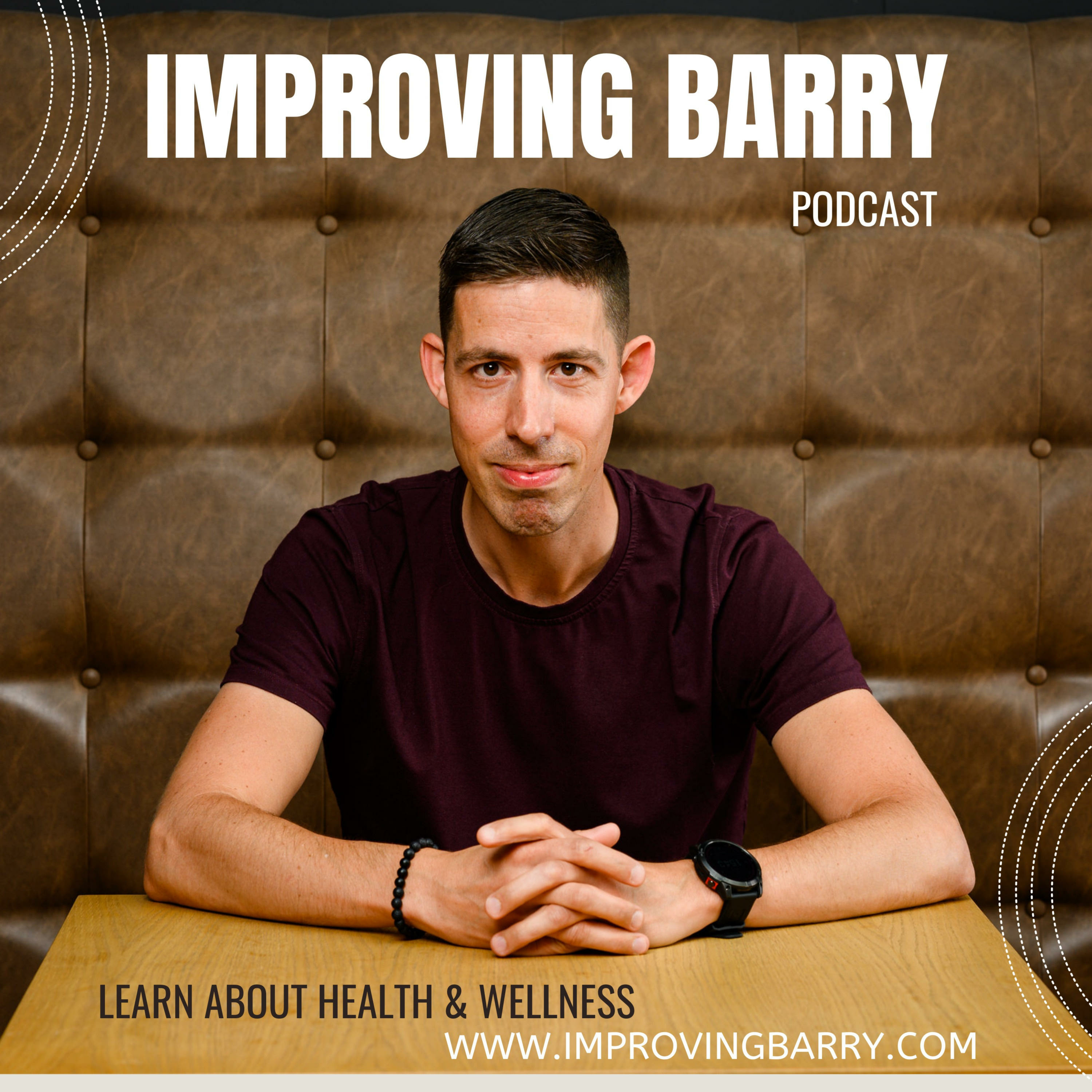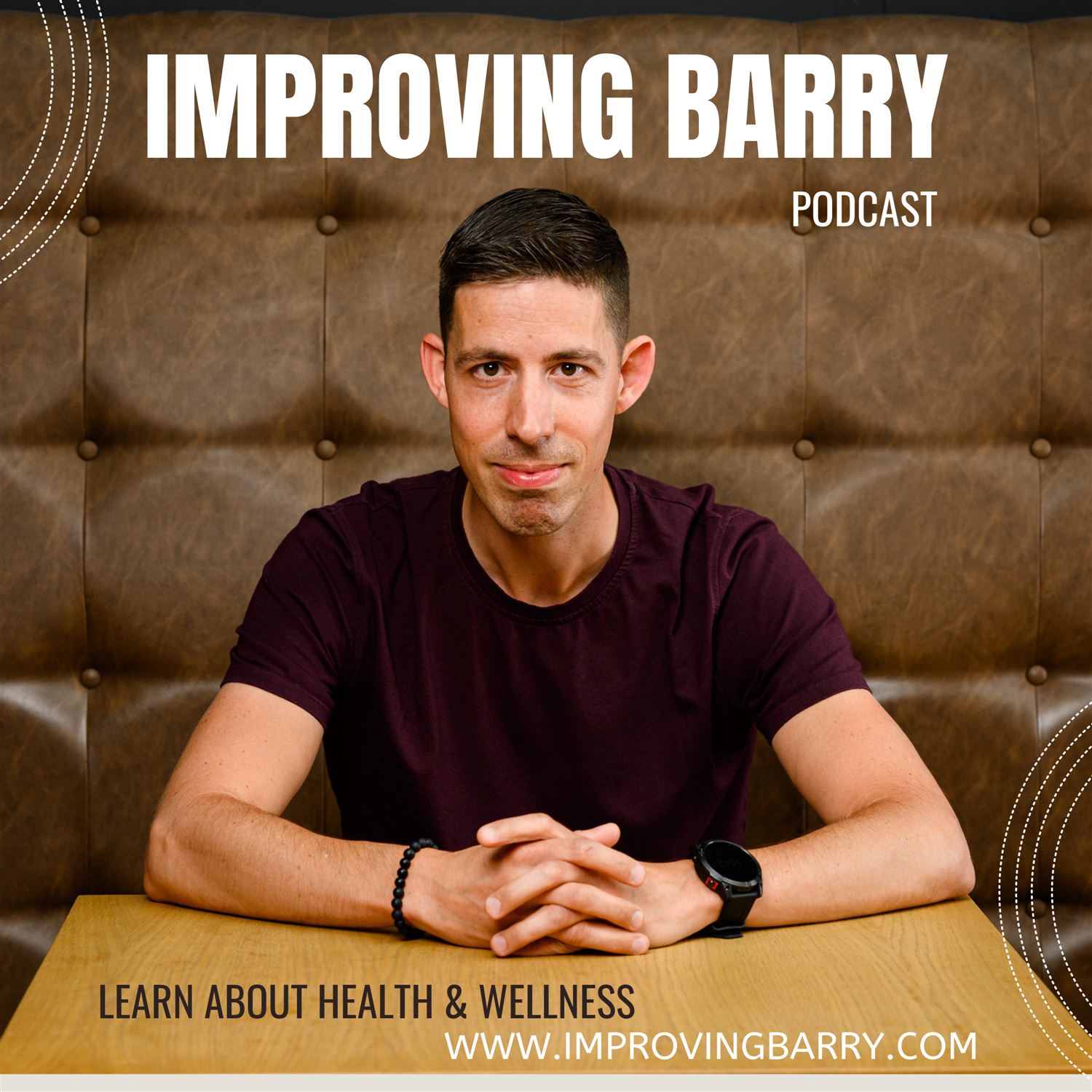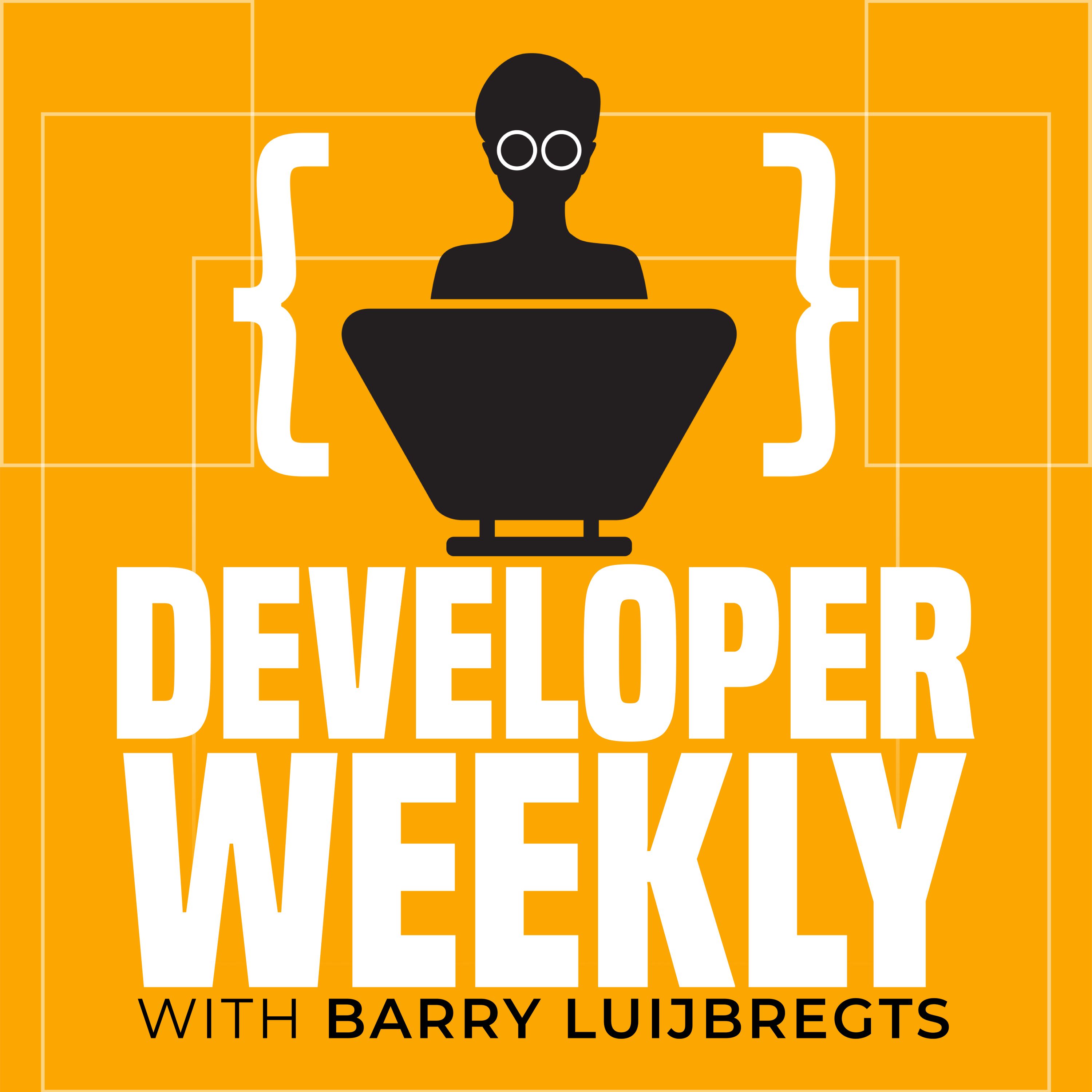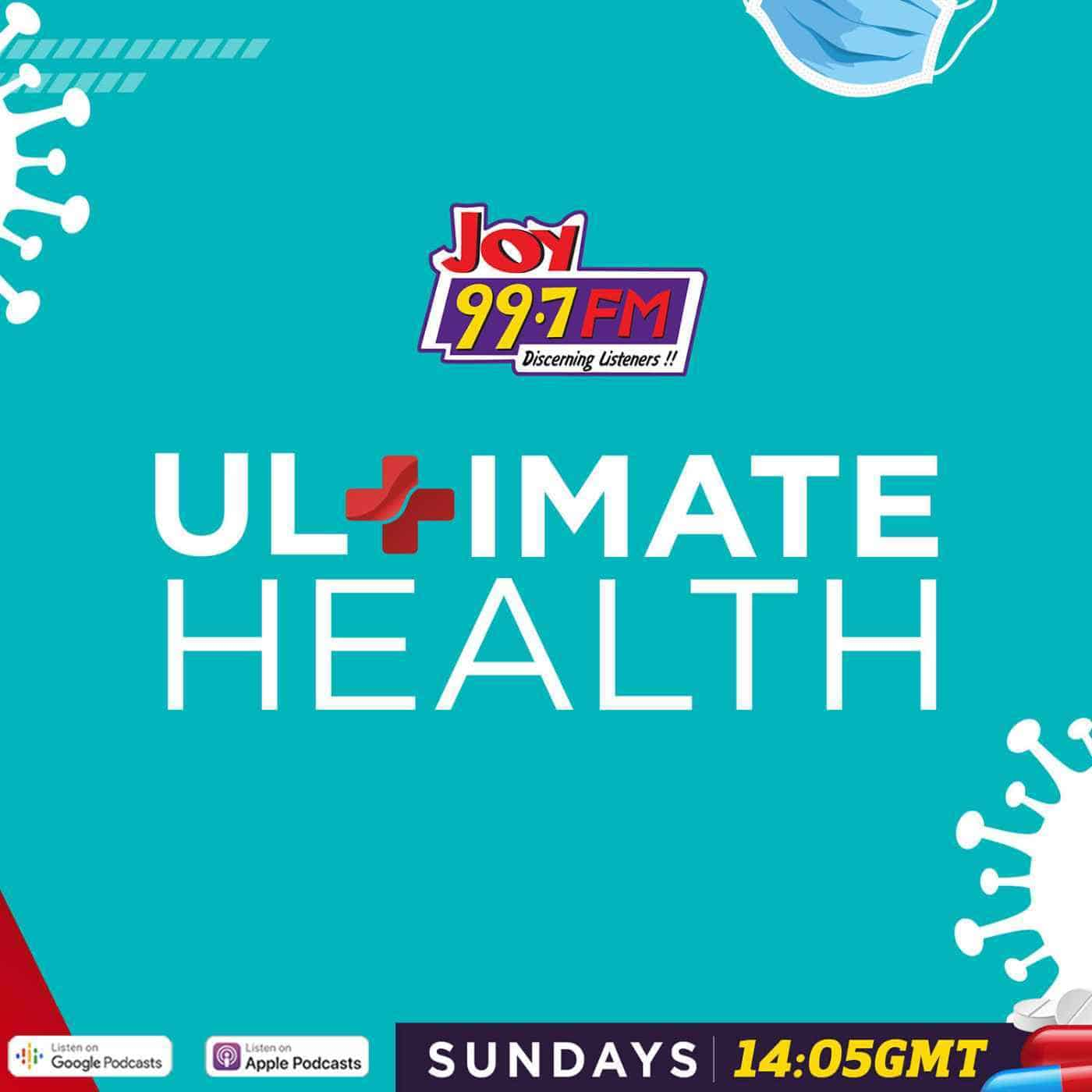12 September 2022
Biohack your way to great health and performance with Eduard de Wilde - E2

In this episode, I talk with Eduard de Wilde who is a biohacker and also runs the company Live Helfi, which is a supplement company in Europe. We talk about:
- Eduard's journey into biohacking and why he does what he does
- We also talk about supplements and how to choose the right ones
- We talk about the healthcare system
- We talk about the difference between healthspan and lifespan and how to extend those
- And more..
- The Live Helfi website: https://livehelfi.com
- Find Eduard here: https://dewilde.com
-------------------------------------------
- Want more content like this? Subscribe to my channel: https://bit.ly/3zpmYbZ
- For the full transcript, visit: https://www.improvingbarry.com
- Do you want to get the latest health & wellness news in your mailbox? Sign up for my newsletter (I promise not to spam you): https://www.improvingbarry.com/subscribe
Episode timing:
(00:00) Introduction
(03:18) What is biohacking?
(08:16) Why do it yourself and not go to the doctor?
(12:31) How Eduard started his health journey
(27:12) Why Eduard continues to biohack after he was healed
(32:14) Eduard coaches people to improve their health
(37:50) How willpower is finite
(42:19) The changing food industry
(48:17) Does Eduarqd want to live forever?
(56:03) What does Eduard eat?
(01:03:31) Eduard's 90/10 system
(01:07:13) What health metrics does Eduard measure?
(01:15:00) Finding the relationship between lifestyle and health
(01:19:46) Saturated fat doesn't work for Eduard
(01:22:52) How Eduard started his company Live Helfi
(01:26:14) How to pick quality supplements
(01:29:54) Eduard created his own brand of supplements
(01:40:33) Should everybody take supplements?
(01:42:48) What health gadgets doe Eduard use?
(01:51:38) Practical tips to improve your health




